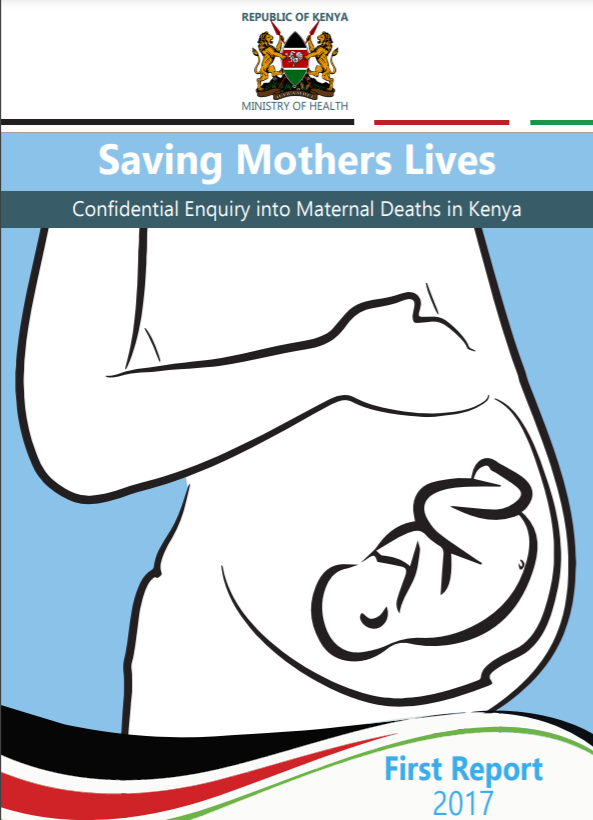Our team are experienced in providing high-level strategic technical assistance to governments, UN agencies, bilateral donors, and supporting them by providing evidence for decision-making in maternal and newborn health.
LSTM offers an exceptionally broad range of high-quality experts who can undertake rigorous, independent assessments, analysis and evaluation of maternal and newborn health interventions in low- and middle -income settings. From design to delivery and dissemination, the LSTM team adopts a collaborative approach, actively involving stakeholders at every stage.We apply rigorous research methodology to our work and communicate findings clearly to ensure stakeholders fully understand and make use of research outcomes in decision-making. Our unique approach ensures that our work is delivered to the highest quality standards and produces recommendations that are evidence-based, relevant and useful.
Confidential Enquiry into Maternal Deaths Review in Kenya

The Emergency Obstetric Care and Quality of Care Unit experts supported the Ministry of Health, Kenya to carry out the first national Confidential Enquiry into Maternal Deaths Review. Our team supported the Ministry of Health to set up a National Maternal and Perinatal Death Surveillance and Response (MPDSR) Committee and establish a National MPDSR secretariat. The enquiry reviewed 484 maternal deaths that occurred at major referral hospitals in 2014. The report, Saving Mothers’ Lives 2017, was launched in February 2018. It revealed that the quality of care provided to mothers during pregnancy and childbirth period was found to be deficient across all health facilities where 9 out of 10 women who died received sub-standard care.
Recommendations for priority action following this report have been agreed, and the findings were launched at a key national stakeholder event and in dissemination meetings with all stakeholders in the Kenya health system. This enquiry will be repeated annually and recommendations will be used to develop policies to improve the quality of care for women.
The Kenya CEMD reports are produced every 2 years.